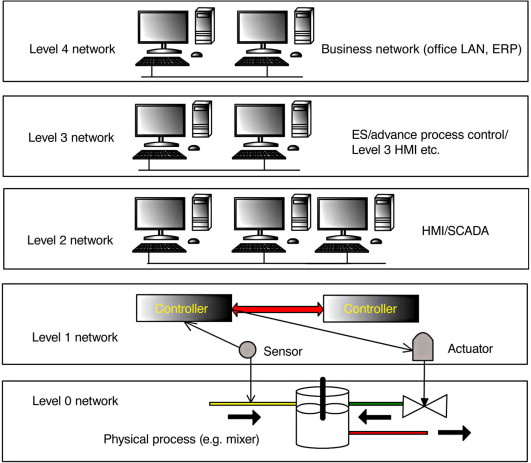Industrial Network Training Program
you will learn about the latest developments in networking, including practical tips on designing, implementing and testing TCP/IP-based networks and how to apply them securely and reliably in an Industrial environment. You will discuss the functions and purposes of the elements used to create and protect an industrial network including switches, routers, firewalls and Intrusion detection/prevention systems. This course will expand your practical knowledge of LAN, WAN, and Web technologies. It illustrates what is safe and practical for today's plant floor, including Internet technologies such as web servers, TCP/IP, and fiber optics. Special focus will be placed on the questions of security in the industrial setting drawing on the work of the SP-99 committee and NIST. The course will cover the details of IP addressing and how functions and protocols such as DHCP, DNS, ARP/RARP and fast spanning tree are essential to make such networks function. The course will include network troubleshooting and the use of network diagnostic tools.
You will be able to::
Course Description/Module :-
2.CANBUS
3.Controlnet
4.Ethernet
5.PROFIBUS
6.FIP I/O

